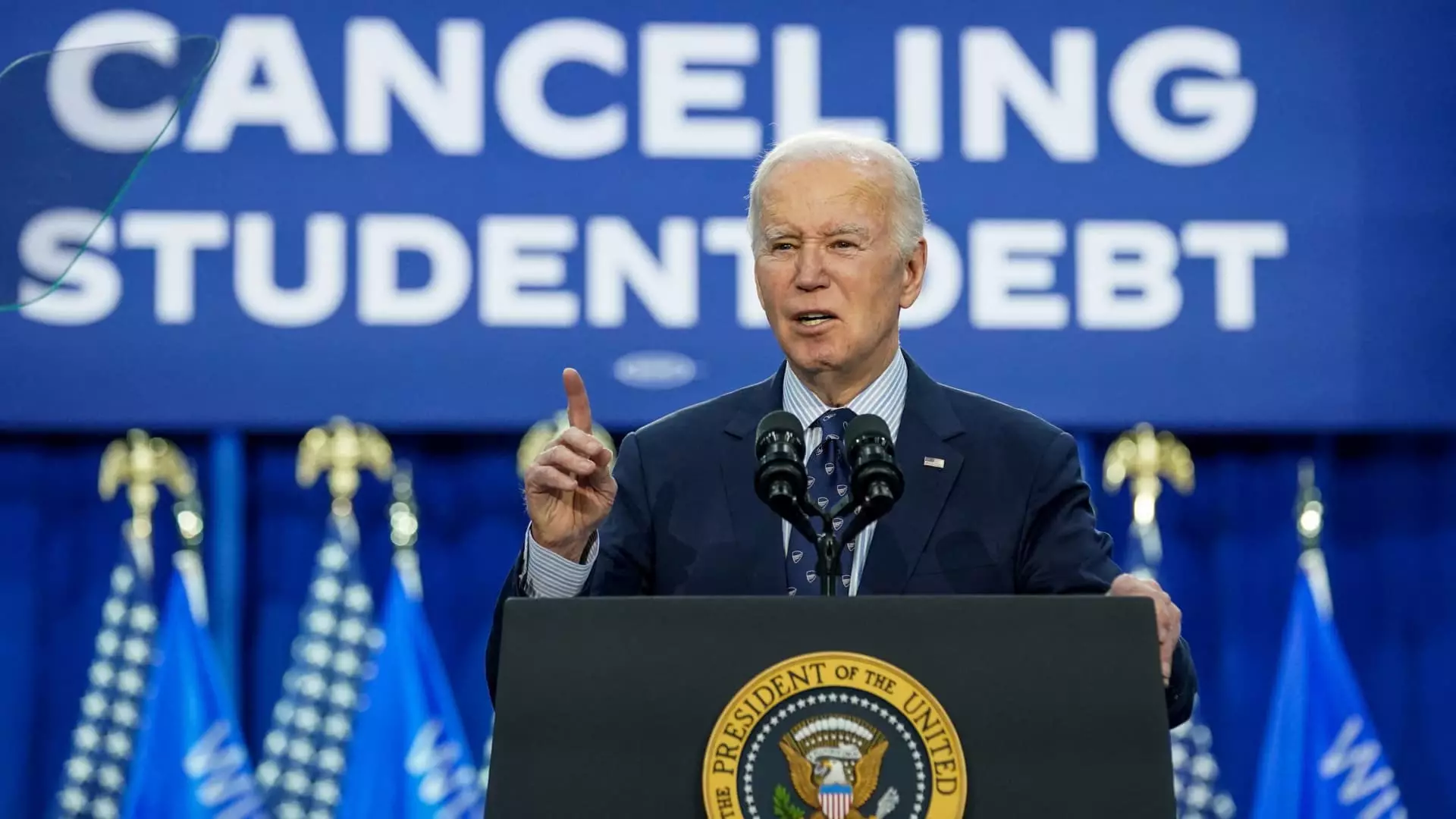President Joe Biden’s recent proposal to make community college tuition-free has reignited the conversation around the affordability of higher education. While some experts argue that free college is a more effective way to address the college affordability crisis compared to loan forgiveness, others believe it is merely a temporary solution. The question remains: is free college a viable option for making education more accessible to all?
Critics of President Biden’s focus on loan forgiveness argue that it is a short-term fix that only benefits graduates with existing education debt. Ryan Morgan, CEO of the Campaign for Free College Tuition, describes loan forgiveness as a “Band-Aid” solution. He suggests that removing cost as a barrier through free college programs would allow more individuals to pursue higher education without the burden of student loans.
While the Biden administration’s plan for free community college was ultimately omitted from the Build Back Better Act, several states have taken matters into their own hands by implementing their own tuition-free programs. These programs, known as “last-dollar” scholarships, cover the remaining tuition and fees after other forms of financial aid have been applied. However, critics argue that these scholarships may not address all the financial barriers that students face, such as fees, books, and room and board costs.
Despite the popular notion that community college serves as a pathway to a four-year degree, recent reports suggest otherwise. Only 16% of community college students go on to attain a bachelor’s degree, raising questions about the effectiveness of free community college programs as a means of increasing access to higher education.
Among the various state-based free college programs, the New Mexico Opportunity Scholarship Act stands out as one of the most comprehensive programs in the country. By offering tuition-free scholarships to returning adult learners, part-time students, and immigrants, regardless of their immigration status, New Mexico is setting a precedent for inclusive higher education initiatives.
The Impact of Free College Programs on College Enrollment
Since the implementation of the New Mexico Opportunity Scholarship Act in 2022, college enrollment in the state has increased by nearly 7%. This growth in enrollment suggests that free college programs have the potential to attract more students to pursue higher education and acquire the necessary skills for the workforce.
While the concept of free college programs offers a promising solution to the college affordability crisis, there are still limitations and challenges that need to be addressed. By critically analyzing the effectiveness of these programs and their impact on student access and success, we can work towards creating a more equitable and inclusive education system for all.



Leave a Reply